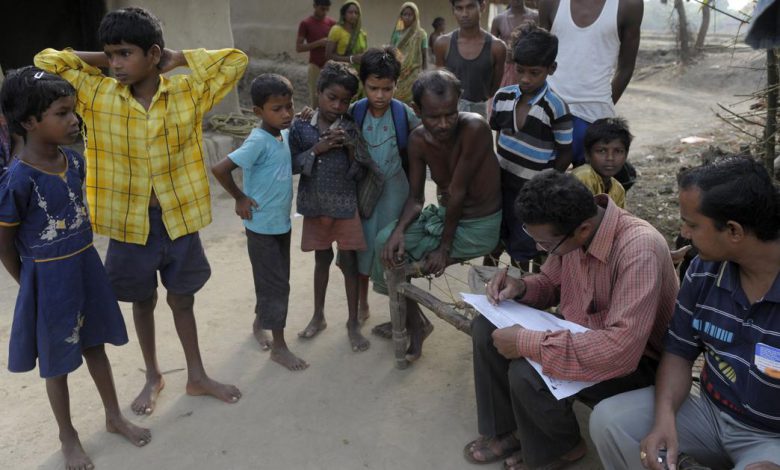
New Delhi: India will undertake its next nationwide population census beginning March 1, 2027, marking the country’s first-ever digital census and the first to include caste data, senior government officials confirmed on Wednesday.
The census will be conducted in two phases, with a reference date of 12 a.m., March 1, 2027. However, in colder regions, Ladakh, Jammu & Kashmir, Himachal Pradesh, and Uttarakhand, the enumeration process will start earlier, in October 2026, to accommodate seasonal accessibility.
This will be India’s first population count in 17 years, as the last census was held in 2011. The decadal exercise planned for 2021 was postponed indefinitely due to the COVID-19 pandemic.
The decision to incorporate caste-based enumeration was taken recently by the Cabinet Committee on Political Affairs, chaired by Prime Minister Narendra Modi. The announcement aligns with growing calls from states and opposition leaders for greater caste-based data to inform policy and ensure social justice.
The Ministry of Home Affairs (MHA), which oversees the Census, stated that the official gazette notification announcing the schedule and methodology is expected to be released around June 16, under provisions of the Census Act, 1948.
In preparation for the transition to a digital format, the government has developed a mobile app for data collection and a centralized census portal for managing and monitoring the process.
This nationwide headcount will play a critical role in policy planning, welfare scheme targeting, and constituency delimitation. It is expected to generate detailed data on demographics, socioeconomic conditions, and caste composition, making it one of the most significant data-gathering efforts in the world.
Several states, including Bihar, Andhra Pradesh, and Telangana, have recently conducted their own caste surveys. Karnataka is considering releasing findings from a survey carried out in 2015.
India’s census tradition dates back to 1881, and has since been conducted every ten years without interruption, until the delay caused by the pandemic. The 2027 exercise aims to restore that legacy, now enhanced with technology and broader social insight.




